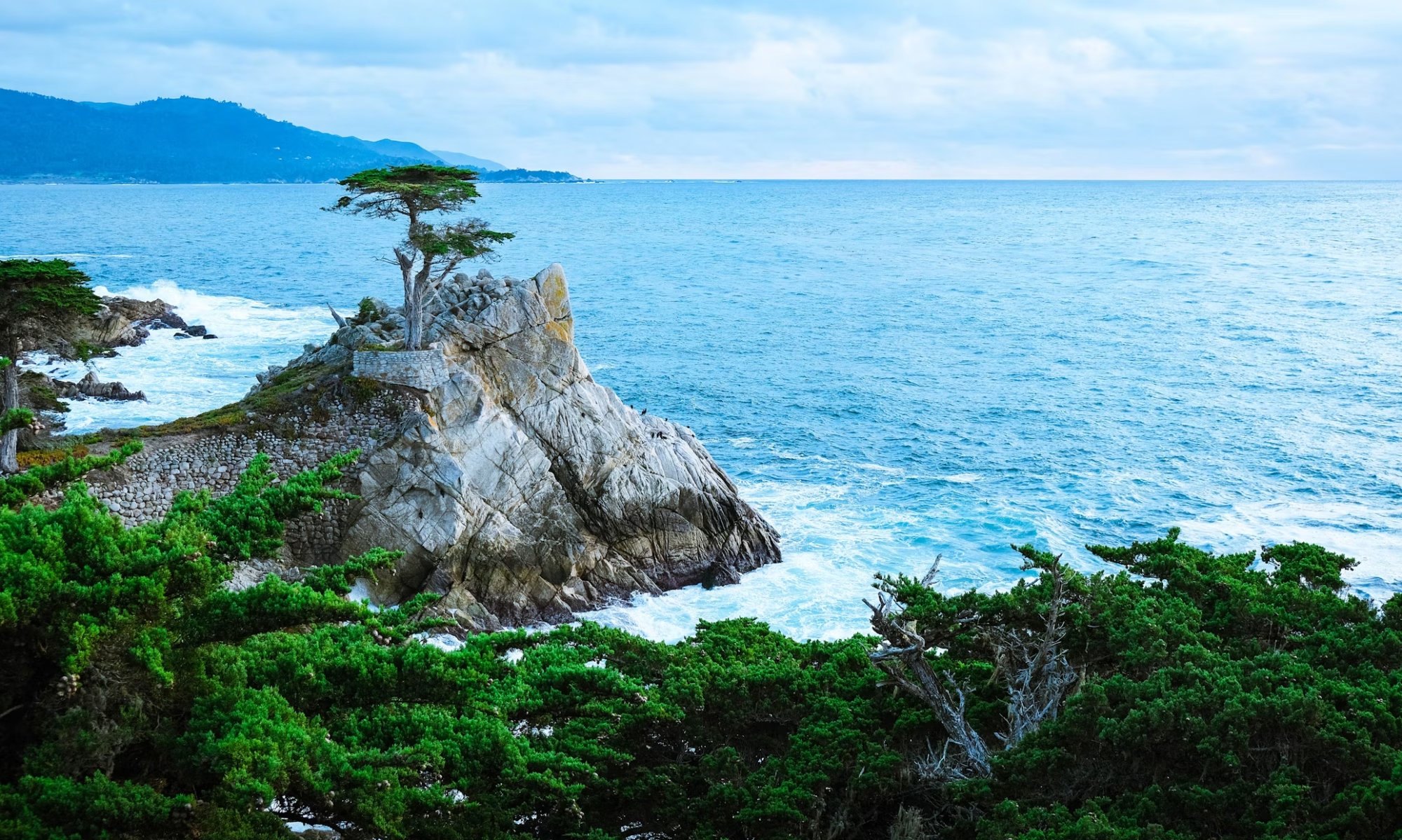J-Term Practica, 2016Bhutan’s Special Sauce
“I was born a feudal prince, with hundreds of servants.” So begins a talk by Dasho Paljor J Dorji, one of the presenters on our Bhutan spring break practicum with Dr. Jan Knippers Black. How has this tiny former kingdom about the size of Switzerland progressed primarily peacefully in less than one lifetime from feudalism to democracy? Three attributes stand out. Each might be considered “Buddha-given”. The first is a small isolated population. The second is large powerful rivers (and an energy-hungry neighbor). The third is to be ruled by a succession of benevolent philosopher Kings. Bhutan has had the good fortune of all three. The first two “Buddha-given” good fortunes of Bhutan are landscape based; isolation and powerful rivers. Cloistered by impenetrable topography, Bhutan lay in meditation, looking inward, for many centuries. Steep mountain ranges protect its north, east, and western borders. Snowpack from the towering majestic peaks of the north drains southward into five mighty rivers toward the Brahmaputra River of its enormous Indian neighbor. Bhutan sells this liquid gold from the Himalayas, channeling the abundant hydropower to the Indian sub- continent at the tune of roughly 45% of its GDP.
It is the third attribute, benevolent philosopher Kings, however, that is Bhutan’s “special sauce”. This special sauce, undoubtedly a concoction of the ubiquitous red chilies that presented themselves in some form at each of our meals, mixed with an ample helping of Buddhist philosophy and a well-seasoned slice of proper British educational training, is the key ingredient of Bhutan’s success. The royal lineage of five Kings dates back to 1904 when Ugyen Wangchuck assisted Brit Frances Younghusband in the invasion and subsequent treaty negotiations with Tibet. This earned Wangchuck the title of Sir and an invitation to the Calcutta soiree for the Prince of Wales in 1906.
From there he was only a step away from the crown and the royal yellow sash with which he was bestowed by the unanimously election of the Bhutanese chiefs and top lamas in 1907. After his death in 1926, his son became the second King. Bhutan began to open its doors to modernization. Within a year, the 24-year-old third King had announced that the country would be moving toward democratic governance. He established a 130-member NationalAssembly to serve as Bhutan’s first legislature. By 1956 he abolished the historic system of serfdom. Planned progress toward modernization, including universal free education and healthcare, began in 1961.
Unfortunately, not all citizens embraced these rapid changes and Dasho Paljor J Dorji’s father, the Prime Minister, was assassinated on April 5th, 1964. The third King continued the modernization efforts, however, renouncing his veto power in the National Assembly in 1968. After the death of the third King at age 44, his son, Jigme Singye Wangchuck, ascended to the throne in 1972. He was, fortunately for Bhutan, a very enlightened sixteen-year-old Dasho Dorji, our lecturer, was his cousin, self-proclaimed court jester, an environmentalist with a rifle, and royal companion. The fourth King went on to open Bhutan to regulated tourism in 1974. He permitted television and internet beginning in 1999.
The fourth King, in another thoughtful gesture, retired in 2006, handing the monarchy to his son. He stated, “Monarchy is not the best form of government because a King is chosen by birth and not by merit.” His son, the current King, immediately began the transition from absolute monarchy to democratic constitutional monarchy. In 2007 the election of the first parliament was held and in 2008, just after the fifth King’s coronation, Bhutan’s first constitution was officially adopted. As we sat and listened to Dasho Dorji and other distinguished
As we sat and listened to Dasho Dorji and other distinguished lecturers, each thoughtful, insightful, and passionate about their country’s development, a clearer and more detailed picture of this “Shangri-la” began to emerge. The Bhutanese have had the advantage of learning from the experience of others. From their first King they have had relations with the British, and later independent India. They have had a keen awareness of the importance of diplomacy. This insight helped them escape the fate of their less savvy neighbors, Tibet and Sikkim. The third, fourth, and fifth Kings were all educated in India and England. The fifth also studied in the US. These experiences outside Bhutan, built on a foundation of Bhutanese Buddhism, helped foster their wider perspective and insightful leadership ability.
Bhutan’s special sauce is that as a long isolated and non-modernized country they not only had the opportunity to learn from the mistakes of others but that they are fully leveraging that opportunity. The unique fact is that they are thoughtfully attempting to avoid many of the pitfalls of modern society. They call it “development with values” measured by Gross National Happiness rather than GDP. They seem to have internalized that the best way to solve a problem is to not create it in the first place. Our speakers were aware of the many ills of modern society and determined to leap-frog the negatives and leverage the advances. Looking outward has helped Bhutan recognize, appreciate, and work to maintain its cultural uniqueness.
The value and blessing of Bhutan’s reign by a succession of five benevolent philosopher Kings is clear in the choices it has made along the path toward development. In his coronation speech the twenty-seven-year-old fifth King stated, “As the King of a Buddhist nation, my duty is not only to ensure your happiness today but to create the fertile ground from which you may gain the fruits of spiritual pursuit and obtain good Karma.” Wow, now that is Bhutan’s special sauce at its best.



